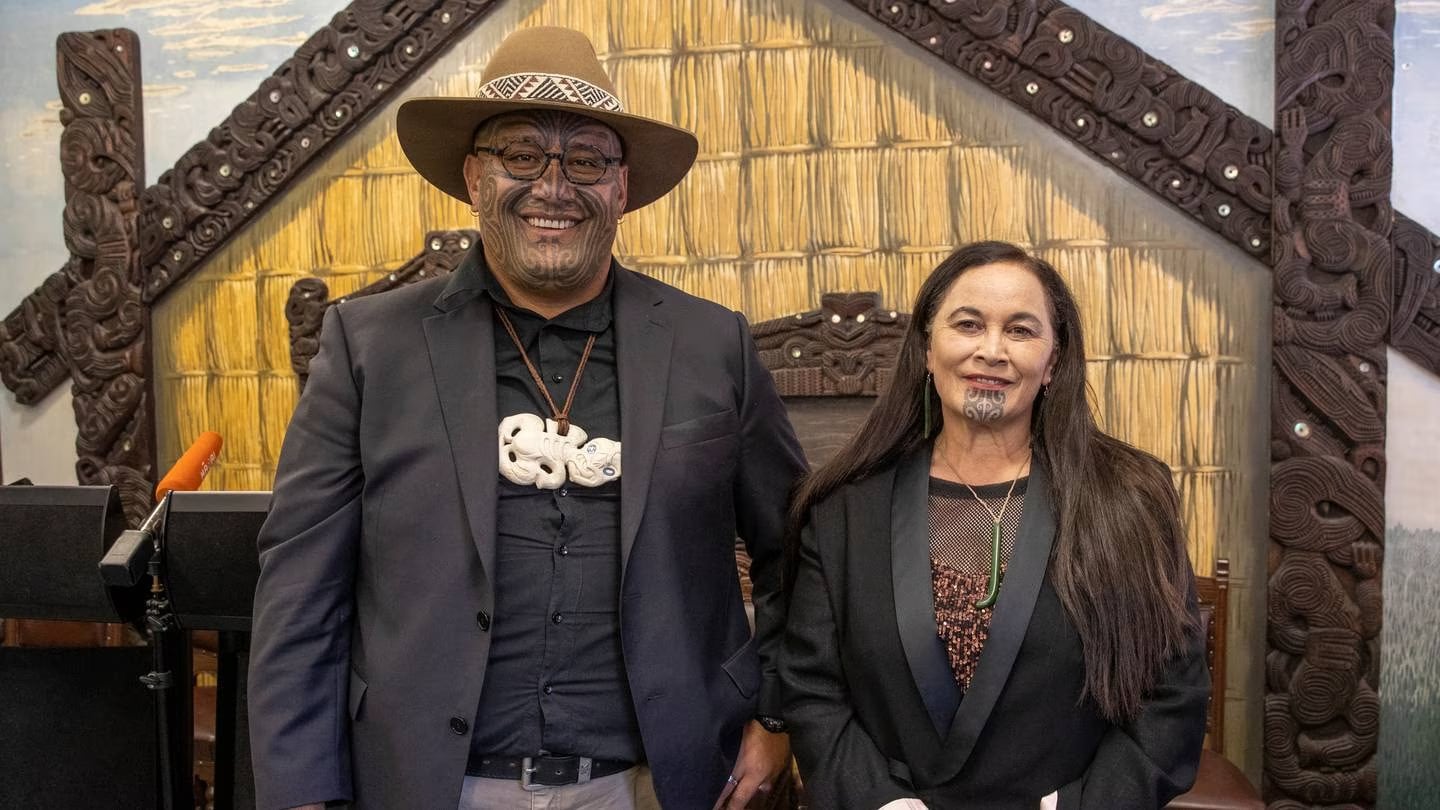Te Pāti Māori has announced a “revolutionary” plan to reform the justice system that it says aims to challenge institutional racism that has “traumatised and failed Māori communities at every level”.
The new justice policy includes the establishment of a Māori Justice Authority and parallel Māori justice system based on tikanga and self-governance, Te Pāti Māori said Saturday.
“We are laying a pathway to abolish prisons in Aotearoa by 2040.”
The change in the power dynamic would be significant, it said.
“Twenty per cent of the Corrections, Police, and Courts budgets will be reallocated to the Māori Justice Authority, marking a significant shift in power and resources to tangata whenua.”
Rawiri Waititi said its “transformational” justice policy was the only viable option for Māori.
“We are asserting our tino rangatiratanga to oversee our own tikanga-based models of restorative justice. This is the only path to equitable justice in Aotearoa,” he said.
The policy also includes the establishment of Māori Legal Aid Services, investment in kaupapa Māori legal units within community law centres, increasing the Steps to Freedom Grant from $350 to $1000, reinstating the right for all prisoners to vote, and enhancing community mental health and addiction services.
Te Pāti Māori will also look to reform drug laws to treat drug use as a health issue, not a criminal one. Criminal convictions for drug use and possession will be wiped under its proposal.
Its plan for justice system reform comes after continuing calls from Māori justice experts for “transformative change” and represents a “significant step” towards addressing the systemic racism that has “long plagued” Aotearoa, Waititi said.
“We must take heed of the recommendations by advocacy groups, on the ground doing the mahi; Inaia Tonu Nei, He Whaipaanga Hou, Turuki Turuki have all presented incredibly thoughtful recommendations that continue to fall on deaf ears,” he said.
“Our tīpuna did not sign Te Tiriti o Waitangi for whānau to be in care, incarcerated, and continually traumatised. The time for change is well overdue. This is a by Māori, for Māori, according to Māori solution and we will not compromise.”

